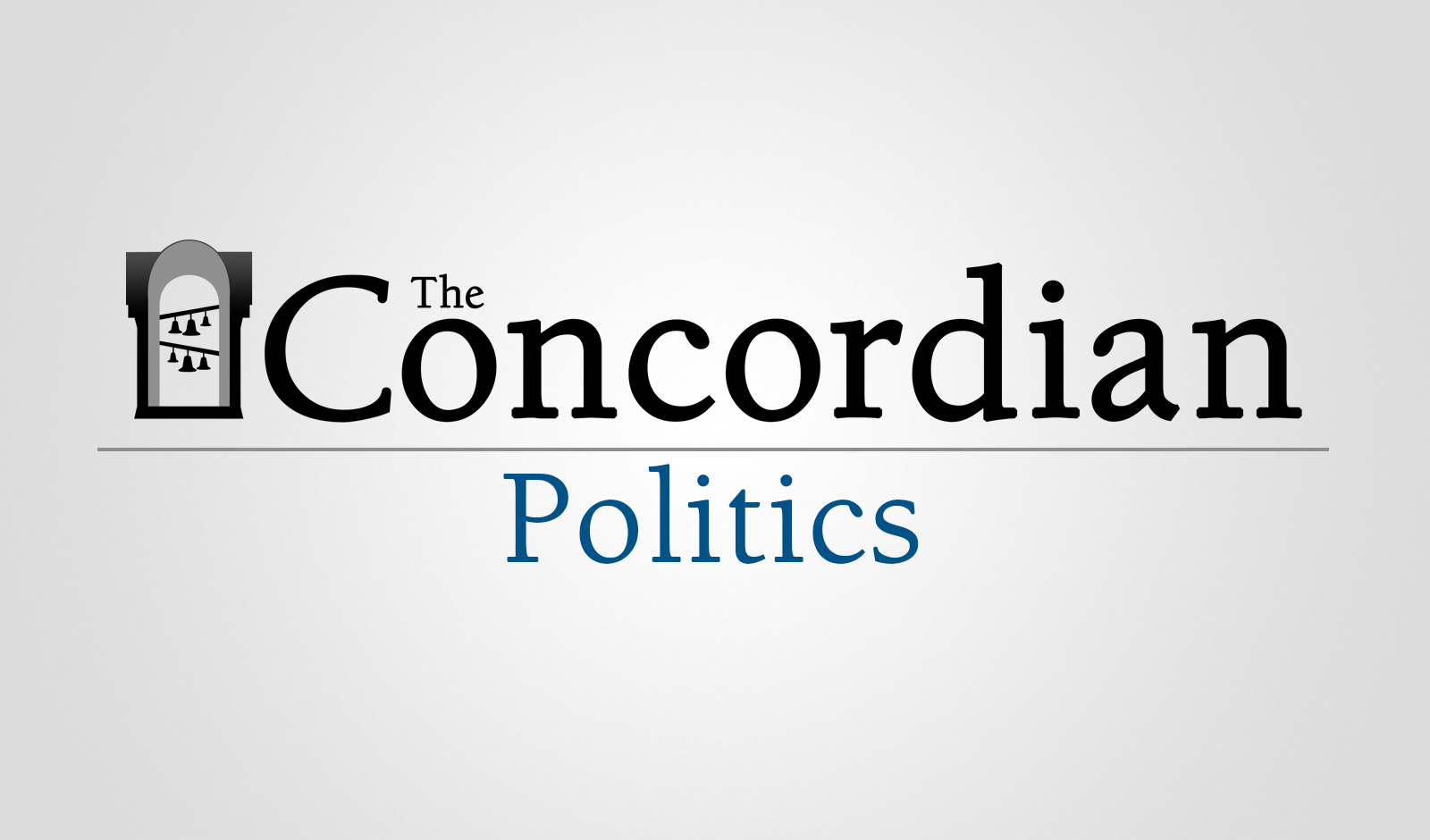The importance of a good K-12 education cannot be overstated. The United States tests horribly as compared with the rest of the developed world, leading to American children being ill prepared for college and careers in a global economy after high school graduation. At this point in time, America is the only global superpower. However, if it continues to devalue education, it will be a country that is less intelligent than its competition. The United States will lose its position as hegemon if it does not focus on nurturing a highly intelligent people. Reform of the K-12 education system is necessary as part of this focus.
The Obama administration has put in place a program called Race to the Top, which certainly has strong and weak aspects. Race to the Top has certainly been a beneficial program, with 34 states changing their education policies to work to improve school efficacy. However, its focus on awarding merits based on test scores only works to reaffirm the status quo that exists in public education. Reforms, such as monetary awards given to schools who can demonstrate progress in other areas like increased attendance or participation in afterschool programs, need to be made to this policy to ensure that school districts that need funds are still able to receive them.
In America, not all schools are equal. Schools get their funding from property taxes, so areas with a wealthier population have much better funded schools. This funding can not only go toward hiring a substantial number of highly qualified teachers to keep class sizes down, but also goes toward orchestras, bands, theater programs, art classes, and various competitive sports—all of which play a positive role in children’s academic success, to say the least. Because large amounts of money are being funneled into schools in wealthy areas of the country, children that are born into privilege continue to have many more opportunities than children born into low-income areas of the country. While all children in the United States are guaranteed an education, they are clearly not guaranteed an equal education. Inner city schools produce standardized test score averages that are far below the national average. This is obviously due to many factors: children often struggle with family issues, many come from food insecure households, good teachers are inclined to take jobs in suburban schools, and myriad other problems.
Race to the Top rewards schools, in part, for progress made in standardized test scores. While in theory this is a good way to determine what schools are making an effort to improve, it often leaves schools in troubled neighborhoods—the schools that need government assistance—with no additional help. Several prominent civil rights groups, such as the NAACP and the National Urban League have come out in opposition to Race to the Top, saying that children in all states, not just “winning” ones, should be able to get good educations in good schools. As it stands now, many states with large populations of minorities are not scoring as highly on standardized tests, due to myriad reasons. As other states that have consistently scored well continue to get more funding, their educations are more complete, leading to continued higher scores. Communities that have scored poorly in the past will continue to do so.
Instead of putting standardized test scores on a pedestal, the Department of Education should be focused on increasing graduation rates in inner city schools and other schools that struggle with similar issues, in addition to supporting schools that create programs that serve high-needs students. Students in inner city schools face a wholly separate set of challenges than students in schools outside of low-income areas, and government programs need to acknowledge that. Focusing solely on standardized test scores does not lead to effective changes for the schools that need it most. Our government needs to focus on incentives for students to stay in school and to attract quality teachers to those schools so that K-12 students have a better foundation of knowledge before they enter the work world. By focusing on helping all students and not only the ones who bring in high scores on standardized tests, the United States would be able to move toward becoming a country of equal educational opportunity.

